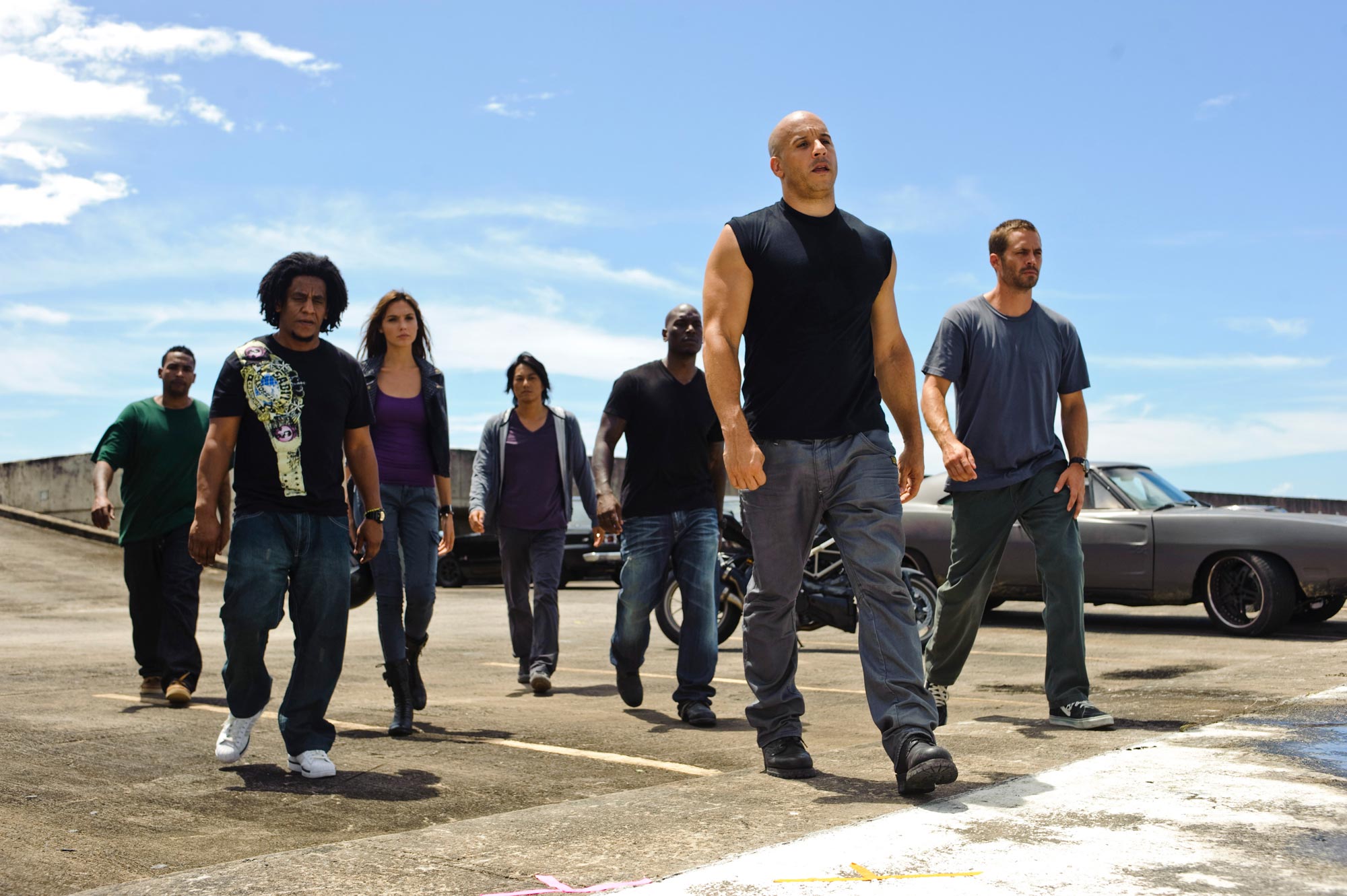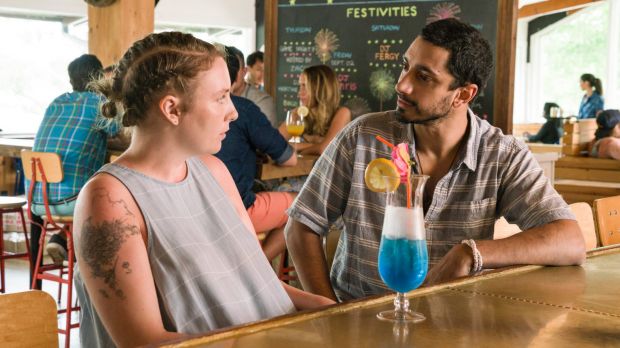I’ve been wanting to watch the Fast and Furious movies for a while, ever since Furious 7 came out and I saw tons of people ranking them and felt left out. And, since I’m a completist, I wasn’t going to be content just watching the ‘good ones’—people usually say that Fast Five is when the series gets good, but I was for sure going to watch them all now.
Well, today, I finally watched Furious 7 and finished the series, which is perfect timing, since The Fate of the Furious comes out this weekend. Here’s my ranking, from worst to best.
- The Fast and the Furious: Tokyo Drift
Some people will tell you that this is the best one, for some reason. It’s not. Lucas Black’s character has to be one of the blandest, most boring, least convincing protagonists I’ve ever seen. Paul Walker is pretty bland in his movies, but he’s mostly adequate for the role he’s playing. You don’t really need to have a lot of acting chops to play the protagonist in a Fast and Furious movie, but Lucas Black somehow makes it possible to be ‘not good enough for a Fast and Furious movie.’ That’s impressive.
Also, this is probably one of the more sexist and exploitative entries. All the Japanese imagery is cliché and stereotypical. Some people claim that at least this movie is stylish, which makes it more interesting than 2 Fast 2 Furious or Fast & Furious, and I agreed for maybe a few minutes at random, but it’s really not that stylish. The action scenes are just not exciting. Maybe that’s where we disagree, Tokyo Drift fans.
- Fast & Furious
I thought this one would be a step above the second and third movies, since it brings back the original cast: Paul Walker, Vin Diesel, Johanna Brewster, and Michelle Rodriguez. Well, it was better than Tokyo Drift, but that’s not sayin’ much. This one is mostly just boring. The only really enjoyable action scene is right at the beginning, and the climax falls pretty flat.
- 2 Fast 2 Furious
I kinda liked this one. People say this one is super boring and unstylish, but I thought it was actually pretty entertaining. I particularly liked the trick where Brian and Roman hid their cars inside the garage, then Tej released hundreds of cars at once so the cops didn’t know which ones were them. Was that not clever? I also, of course, liked the climax, when Brian drives the car off a ledge and crashes it onto a boat. That was something straight out of the later movies!
Roman is boring compared to Dominic, so Dom is still missed here, but he’s mildly funny, so it works.
- The Fast and the Furious
Very solid movie! The first entry in the series is pretty simple and grounded compared to the insanity of the later movies, but it’s reliably entertaining, and Vin Diesel is instantly engaging, somehow super charismatic. Maybe I’m just saying this because I’ve gotten used to watching him, but I still think he was most effortlessly engaging in this first movie.
These movies aren’t super emotional or complex, but I really like the simple hook of Brian getting in too deep with Dom’s crew and eventually thinking of him as a legitimate friend who he looks up to and wants to help out. The final turn of the movie, when he lets Dom go instead of arresting him, just lands perfectly.
- Fast & Furious 6
I’m tempted to put this above Fast Five, because they were very close for me. This one has Luke Hobbs working with the team, and I love his rapport with them. Dwayne Johnson is great, obviously. I also quite liked both of the climaxes—the early, fake-out one, where they’re racing down the highway, and the real one, where they’re racing down the runway. The highway scene also features one of the most ridiculous things I’ve seen in this series, defying-the-laws-of-physics-wise. It’s when Dom sees Letty about to fall between the two parallel bridges, so he crashes his car and leaps out right at the perfect moment in the perfect direction, somehow careening himself across the chasm, knocking into Letty, and hurtling them to safety. So many parts of it are absurd and impossible, which makes it great.
- Fast Five
This is where the series gets really good, and I think if you were watching this without realizing how big an uptick in quality it would be, you’d be shocked, and you might over-rate it. I’ve heard so many good things about this one that my expectations were pretty damn high, and while I wasn’t disappointed, it didn’t quite exceed my expectations. It also felt maybe ten minutes too long.
That said, so many things about this movie are amazing. Dwayne Johnson’s Luke Hobbs instantly becomes the best character in the series. The heist plot is super fun in an Ocean’s Eleven, assembling-a-team way, and the humor is pretty good. And this has some of those deliriously fun action scenes that you come here for, like the opening train heist, and most notably, the climax. A couple of cars dragging a giant vault is just a recipe for success; from the very beginning of that scene, I realized how fun it was about to be to watch them absolutely demolish everything with that vault, and I had a big grin on my face the whole time.
- Furious 7
I think most people like Fast Five the most and agree that Justin Lin’s directing of action sequences is a tad better than James Wan’s, but I really liked Wan’s work here. The trick he does where he flips the camera when a character flips is great. Also, this movie is just so over-the-top and great. The whole scene where Dom drives their across a chasm between two skyscrapers, then does it again, is so deliriously fun, as is the scene when the cars go sky-diving, and much of the climax is like that, too.
Plus there’s the ending tribute to Paul Walker/Brian, which is legitimately emotional. I almost teared up seeing all those flashbacks to earlier movies.
Can’t wait to watch Fate!




